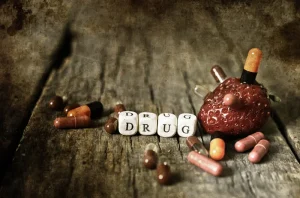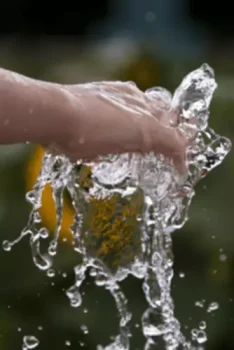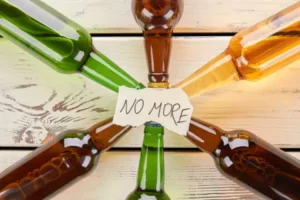
Discover how movement and recovery go hand in hand, aiding injury rehab, sleep, and addiction recovery. Discover powerful strategies on how to stop gambling addiction. Unveil the lifesaving power of Naloxone and its impact on overdose reversal. Discover what is the reversal https://ecosoberhouse.com/ of opiate activity, its mechanisms, effectiveness, and impact on opioid overdose deaths. Discover facts about detox, treatment, and long-term recovery. Unveil the power of movies about addiction and recovery, offering hope and understanding for those seeking redemption.
Am I Going Through Opiate Withdrawal? Signs & Symptoms
- Discover what is Suboxone, its uses in treating opioid addiction, side effects, and how it compares to other treatments.
- Understanding the relationship between alcohol and sugar cravings is crucial for individuals in recovery from alcoholism.
- Coaching can provide individualized strategies factoring your particular state and needs.
- Dr. Weiss encourages people to engage in as many healthy, mood-boosting activities as they can to avoid reaching for candy (or back to alcohol) for a quick dopamine fix.
Besides increasing cravings, alcohol consumption affects blood sugar levels in multiple ways. This drug, called exenatide, isn’t as potent as semaglutide (Ozempic) at inducing weight-loss or penetrating inside the brain. In the study, the drug reduced drinking in people why do alcoholics crave sugar with obesity, but it actually increased drinking in people who don’t have obesity. But studies have found that in animals and people, GLP-1 drugs reduce the release of dopamine in this region when you eat something sweet and fatty, or when you consume alcohol.
Graduate School of Addiction Studies

Many individuals in recovery experience emotional challenges, such as anxiety and depression, as they adjust to a life without alcohol. Sugar can act as a temporary mood booster, providing a sense of relief and comfort during these difficult times. Recovering alcoholics often develop a strong emotional association with sugar. This association can be attributed to several factors, including the role of sugar in the brain’s reward system and the desire for a substitute for the pleasurable effects of alcohol. Moreover, sugar has been found to affect neurotransmitters in the brain, such as serotonin and endorphins, which are involved in mood regulation and the experience of pleasure. This can create a cycle where individuals seek sugar to temporarily boost their mood and alleviate withdrawal symptoms from alcohol.
Residential Treatment Centers Not Always Possible for Recovery
In addition to biological factors, psychological and nutritional factors also play a role in sugar cravings among individuals with alcohol use disorder. By examining all these factors holistically, it becomes possible to develop comprehensive approaches to breaking the cycle of alcohol use disorder and sugar cravings. Uncover the link between alcohol use disorder and sugar cravings. Explore the biological, psychological, and nutritional factors that contribute to this connection.

In other words, sugar affects the same neural pathways as alcohol does in the brain. Sugary foods can help those in recovery because they affect the brain like addictive drugs. During the early days of addiction recovery, people often battle intense drug cravings and may be calorically deficient. People with substance use disorders often experience intense sugar cravings. Even the original printing of The Big Book in Alcoholics Anonymous mentions a physician who encouraged newly sober alcoholics to keep chocolate or candy on hand to help manage alcohol cravings. Poor nutrition can lead to various mental and physical health issues, including weight gain, which can result in low mood and potentially trigger a relapse to alcohol.
Rock Bottom Rebound: The Impact of Hitting Alcohols Lowest Point Before Treatment
- Discover how addiction begins and the complex interplay of genetic and environmental factors.
- These deficiencies disrupt normal bodily functions, leading to imbalances that increase cravings for sugar.
- Two key biological factors that contribute to the development of sugar cravings in individuals with alcohol use disorder are the dopamine and reward system and neurotransmitter imbalance.
- If you are considering quitting, please reach out and I can put you in contact with the right resources.
- Unravel what benzodiazepines are, their uses, side effects, and mental health impacts in our revealing guide.
Nutritional Strategies for Recovery

